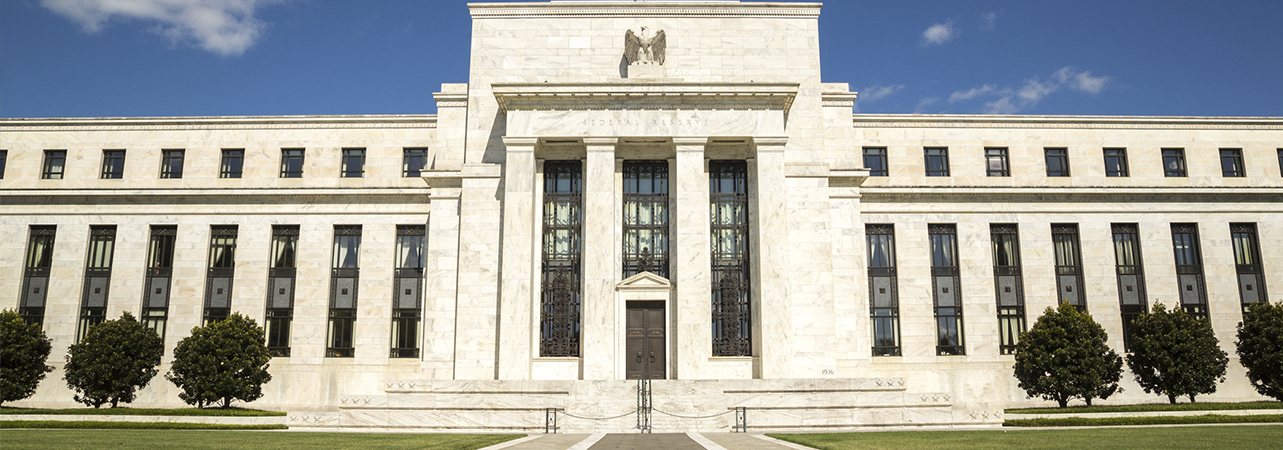May was dominated by concerns over the US debt ceiling. As the clock ticked, US Treasury Secretary Janet Yellen warned: “Waiting until the last minute to suspend or increase the debt limit can cause serious harm to business and consumer confidence, raise short-term borrowing costs for taxpayers, and negatively impact the credit rating of the United States”.
- The federal funds rate was raised to a range of 5% to 5.25%
- Germany entered recession
- Japan’s Nikkei 225 Index continued its climb
US debt limit: May was dominated by concerns over the US debt ceiling. As the clock ticked, US Treasury Secretary Janet Yellen warned: “Waiting until the last minute to suspend or increase the debt limit can cause serious harm to business and consumer confidence, raise short-term borrowing costs for taxpayers, and negatively impact the credit rating of the United States”. By the end of the month, however, a deal on the debt ceiling had been reached, which was subsequently passed by the Senate at the start of June, providing a boost for investor sentiment around the world.
“Risks remain too plentiful for comfort” EU Commissioner for the Economy Paolo Gentiloni
A tenth rate increase: the US Federal Reserve (Fed) raised its key interest rate by 25 basis points to a range of 5% to 5.25% during May, representing its tenth consecutive increase. Although Fed Chair Jerome Powell suggested that the Fed might be “getting close or maybe even there” to pausing its tightening action, he maintained that incoming data would continue to drive policy. The annualised rate of inflation eased from 5% in March to 4.9% in April. The US economy is widely expected to slip into recession later this year, although Chair Powell believes that this is still avoidable. The Dow Jones Industrial Average Index fell by 3.5% over the month.
Recession in Germany: Germany slipped into recession in the first quarter as inflationary pressures continued to curb activity in Europe’s largest economy. Germany’s economy shrank by 0.3% during the period, having contracted by 0.5% in the final quarter of 2022. The Dax Index fell by 1.6% over May.
Stronger outlook for European growth: the European Commission raised its economic growth forecast for the EU this year from 0.8% to 1%, but also increased its 2023 forecast for inflation to 5.8%. EU Commissioner for the Economy Paolo Gentiloni said: “The European economy is in better shape than we projected last autumn … we avoided a winter recession and are set for moderate growth this year and next”. Nevertheless, he also warned: “Risks remain too plentiful for comfort … We must remain vigilant”.
Nikkei continues to strengthen: in Japan, the Nikkei 225 Index reached its highest level for almost 33 years during the month, boosted by weakness in the yen and relief that the US had reached a deal over its debt limit. Over May, the Nikkei 225 Index rose by 7%.
To view the series of market updates through May, click here




